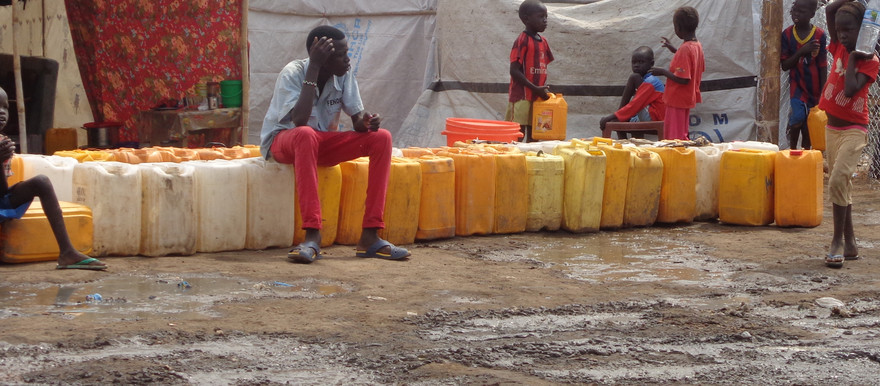Residents of Al-Thawra neighbourhood in Omdurman, Khartoum, have voiced frustration over enduring electricity cuts lasting more than ten days. They also highlighted a nine-month interruption in water supply since the conflict began, with only partial restoration by mid-March.
Fatima Abdullah, speaking to Radio Tamazuj, described the severe hardship caused by frequent water cuts, emphasizing the high cost of purchasing water due to their substantial needs.
She noted the financial strain exacerbated by the ongoing war, making water unaffordable for many. Abdullah also mentioned the logistical challenges of transporting water between neighbourhoods and health concerns arising from saline water sources.
Mohammed Nuruddin, another resident, reported that the price of a barrel of water has soared to between 5,000 to 7,000 Sudanese pounds. This steep increase further burdens residents financially, especially amid widespread unemployment resulting from the conflict.
Soha Ismail confirmed that western neighbourhoods have faced water shortages for over nine months since the conflict began, with intermittent restoration during Ramadan in March. Currently, water has been cut off again for more than two weeks, except in some areas where it sporadically flows.
Soha emphasized the high water consumption and the steep price of a barrel, now at 7,000 pounds, making it unaffordable for many struggling to make ends meet.
Hala Omar described the ongoing water cuts as exhausting, stressing the vital importance of water in daily life. She mentioned resorting to fetching water from distant areas due to the financial burden of purchasing it, as citizens focus on securing food amidst economic challenges.
Both Soha and Hala called on the government to prioritize repairing services in Omdurman, particularly after recent military actions. They urged swift action to address these critical issues and find sustainable solutions.
Residents speaking to Radio Tamazuj appealed directly to the government to resolve infrastructure faults promptly, alleviating the heavy burden of water scarcity on their community.




